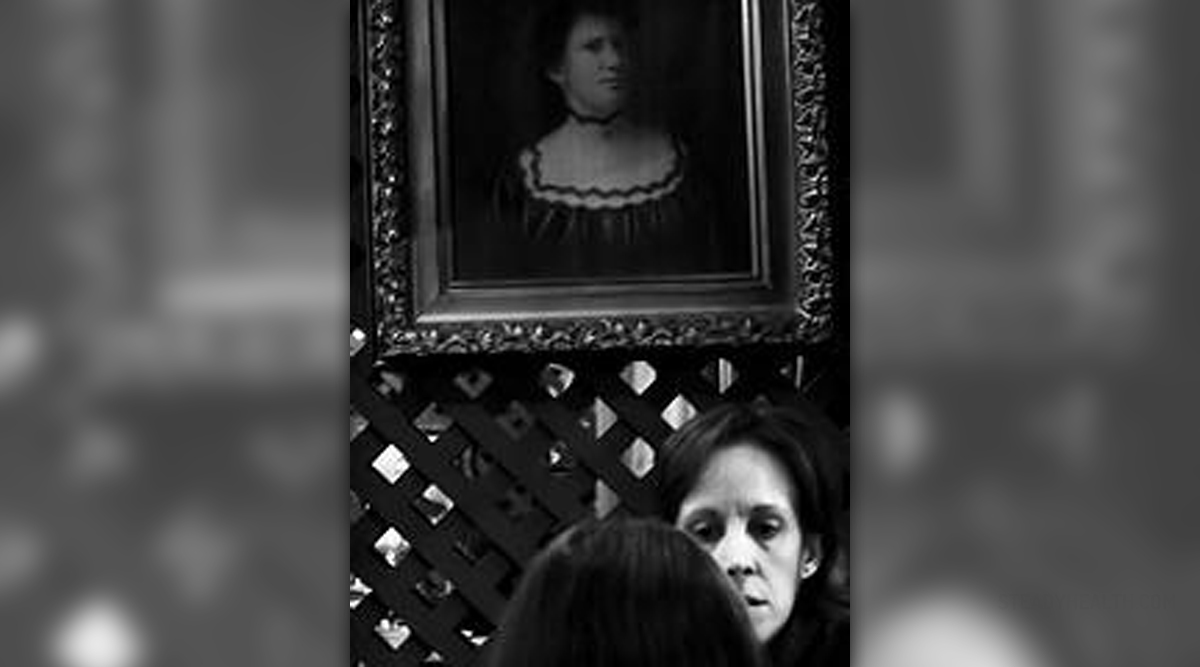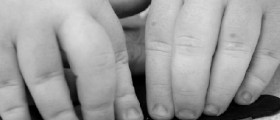
Prosopagnosia or face blindness is a neurological disorder characterized by the inability to recognize or distinguish faces. There are different degrees of this impairment, ranging from mild to severe. A person with mild prosopagnosia cannot tell between a familiar and unfamiliar faces. On the other hand, severe prosopagnosia causes the person to be unable to recognize his own reflection in the mirror.
Causes of Prosopagnosia
Prosopagnosia can be divided into two types, developmental prosopagnosia and acquired prosopagnosia. Developmental prosopagnosia manifests in early childhood before the brain has started learning about recognizing faces. Genetic factors and prenatal brain injury are potential causes of developmental prosopagnosia. Heredity plays a role in development of this type of face blindness and the disorder often runs in families. Children with autism and Asperger’s syndrome usually have some degree of prosopagnosia.
Acquired prosopagnosia is an acquired face-recognition deficit that occurs following an injury to the brain caused by head trauma, stroke or neurodegenerative diseases. People with acquired prosopagnosia used to have normal ability to recognize faces but this has been impaired due to a brain injury.
Symptoms of Prosopagnosia
Symptoms of prosopagnosia are rather perplexing. In children with developmental face blindness symptoms are rarely recognized until they are older. Face blindness in children is often interpreted as failure to recognize faces due to pure laziness. In mild forms of prosopagnosia, the affected individual does not distinguish faces but may exhibit certain degree of emotional response when looking at a familiar face.
People with prosopagnosia may not be able to recognize faces of people close to them such as their spouses, children or parents. However, they may rely on non-facial characteristics such as hair, voice or gait.
On the other hand, face blindness sometimes does not cause only failure to recognize faces but the affected person also cannot tell the difference between objects. This may cause inability to recognize the difference between a car and an airplane.
People suffering from face blindness are usually shy and withdrawn because the impairment affects social interaction due to difficulty in relating to other people. Prosopagnosia can also cause trouble following the plot of movies and TV shows as the faces of the characters can not be perceived by the people with the condition.
Treatment for Prosopagnosia
Face blindness cannot be cured. However, people with the disorder may adopt different strategies that can help them to identify people with whom they regularly come in contact. Also, scientists are trying to find ways to improve face recognition in people suffering from prosopagnosia.












-In-Infants-And-Older-Children_f_280x120.jpg)




Your thoughts on this
Loading...